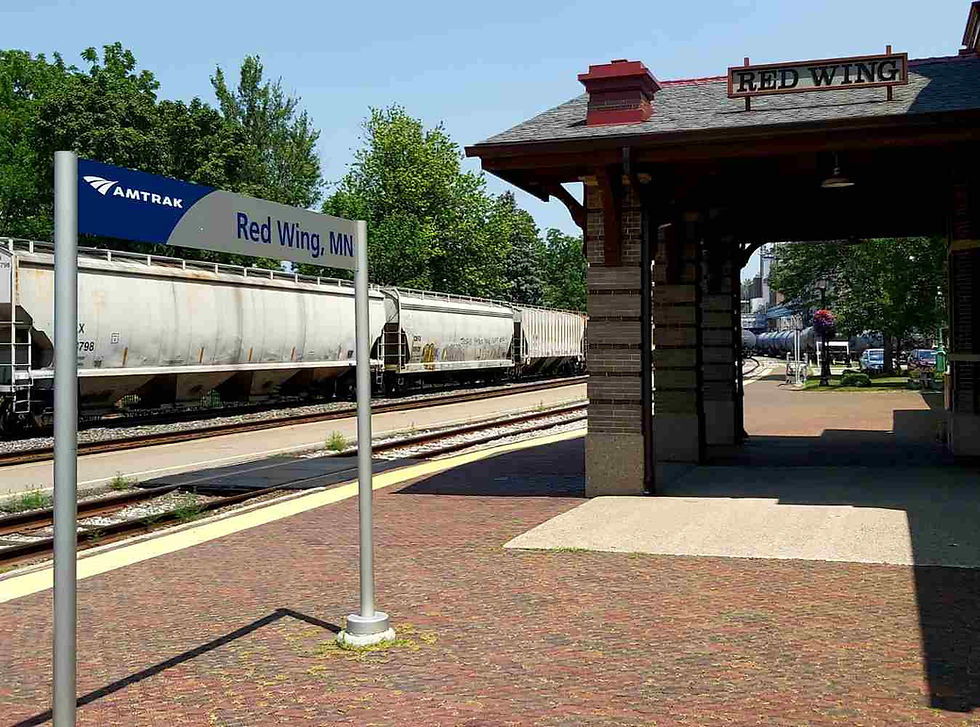USA: Austin, TX
- Matthew P G

- Feb 12, 2023
- 2 min read

Texas State Capitol. January 1984
little blue dot
Long before Americans viewed the country as red and blue, the red and blue divide existed. On a very cold January weekend, I traveled to Austin with my friends from San Antonio for a live music night. Austin was well-known for its music scene. I was just happy to see another place in Texas. After Austin, I would continue onto Houston to see family there. It had been a very good visit to the Lone Star State even if I came during one of those freak winter cold snaps that only occurred every decade or so.
My impression of Austin was excellent - it is one of those state capitals in the USA that is ONLY a capital, nothing else. Correction - add to that education, University of Texas has its main campus there too. Austin was youthful and totally non-Texan. I was suddenly in a liberal "yankee" town transported from the Northeast. My Texan friends just laughed about Austin as being so "un-Texan". They loved their state capital for all the reasons I did - clean, beautiful, and with a lot of "fun" things to do. Austin's northern twin would most likely be Madison, Wisconsin - also a town that is all about a big state university and government (with the same youthful scene).
Reflecting on my visit it made me think of places I have lived and visited that were "islands" in a sea of opposing ideas: West Berlin before German unification, Nagasaki's foreigner enclave, Singapore's mostly Chinese population, British Hong Kong before the handover, Pondicherry India's French heritage, Milford's New Yorkers... all of these places had at one time or another a feeling or "edge" to them. Just a short distance away the world was a completely different place. In the case of Berlin, after unification it beautified, but became less interesting to visit. Hong Kong, after reverting to China, lost its special character as a "city on the edge" and now slowly becomes just another big Chinese city. Nagasaki's specialness is just a unique historical relic.
"Blue dot/red dot" status is not permanent, but for the time it exists, it renders such places special and edgy. Why are people drawn to something different, even when they don't always embrace the difference?



Comments